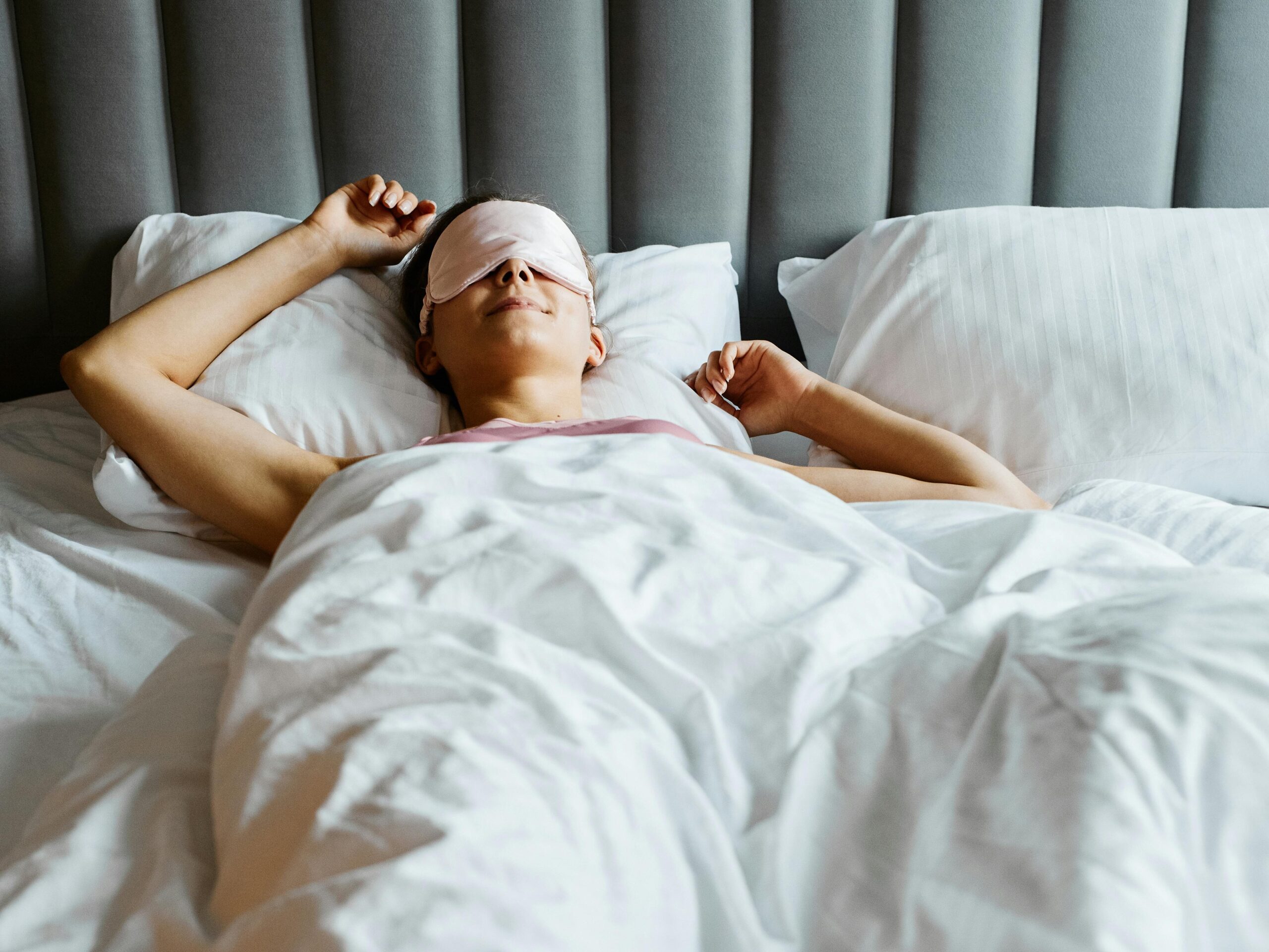Unlock the secrets of better sleep! Learn the science behind quality rest, how sleep impacts your health, and practical tips to improve your sleep even with a hectic schedule.
Why Sleep Matters

In today’s fast-paced world, sleep often takes a backseat to busy schedules and constant demands. However, quality sleep is essential for overall health, affecting everything from mental clarity to physical well-being. Sleep is not just about feeling rested; it plays a vital role in healing, memory, and mood regulation.
In this blog, we’ll explore the science behind sleep, its impact on your health, and actionable tips to improve your sleep, even with a packed schedule.
The Science Behind Sleep: How It Works

Sleep is a complex biological process that restores the mind and body. Here’s a breakdown of its key components:
- The Sleep Cycle
Sleep occurs in cycles, each lasting about 90 minutes, and is divided into four stages:- Stage 1 (Light Sleep): The transition from wakefulness to sleep.
- Stage 2 (Deeper Light Sleep): Heart rate and breathing slow down.
- Stages 3 & 4 (Deep Sleep): Essential for physical recovery and immune function.
- REM Sleep (Rapid Eye Movement): Critical for memory consolidation and emotional health.
- Circadian Rhythm
This internal clock regulates the sleep-wake cycle. It’s influenced by light exposure, lifestyle, and habits. A disrupted circadian rhythm can lead to poor sleep quality. - Sleep’s Role in Health
Sleep affects every system in the body, including:- Brain Function: Enhances memory, decision-making, and focus.
- Physical Health: Aids in muscle repair, boosts immunity, and balances hormones.
- Mental Health: Reduces stress, anxiety, and depression symptoms.
Common Barriers to Quality Sleep

Many modern habits and environmental factors disrupt sleep, including:
- Excessive Screen Time: Blue light from devices suppresses melatonin production.
- Irregular Schedules: Shift work or late nights confuse the body’s internal clock.
- Stress and Overthinking: Mental clutter makes it hard to relax.
- Caffeine and Late-Night Eating: Stimulants and heavy meals can disrupt sleep cycles.
Tips for Improving Sleep Quality

- Establish a Consistent Sleep Schedule
Go to bed and wake up at the same time every day, even on weekends. This helps regulate your circadian rhythm. - Create a Relaxing Bedtime Routine
- Wind down with activities like reading, meditating, or gentle yoga.
- Avoid stimulating tasks or screens an hour before bed.
- Optimize Your Sleep Environment
- Keep it Dark: Use blackout curtains or a sleep mask.
- Maintain a Comfortable Temperature: Aim for 60–67°F (15–19°C).
- Minimize Noise: Use earplugs or white noise machines if needed.
- Limit Screen Time Before Bed
- Turn off screens at least 30–60 minutes before bedtime.
- Use blue light filters or wear blue light-blocking glasses in the evening.
- Watch Your Diet
- Avoid caffeine and alcohol in the late afternoon and evening.
- Opt for light, sleep-friendly snacks like bananas, almonds, or a warm glass of milk if needed.
- Get Regular Exercise
- Physical activity promotes deeper sleep, but avoid intense workouts close to bedtime.
- Manage Stress
- Practice mindfulness or journaling to clear your mind before bed.
- Deep breathing exercises can help relax the body and prepare you for sleep.
- Use Technology Wisely
- Sleep tracking apps or wearable devices can help monitor your sleep patterns and identify areas for improvement.
- Limit Naps
- Keep naps short (20–30 minutes) and avoid late-afternoon naps to prevent interfering with nighttime sleep.
Warning Signs of Poor Sleep

Recognizing sleep problems early can prevent long-term health issues. Watch out for:
- Chronic fatigue despite adequate sleep hours.
- Difficulty falling asleep or staying asleep.
- Irritability, brain fog, or frequent mood swings.
- Increased susceptibility to illness.
If these symptoms persist, consider consulting a sleep specialist.
Conclusion: Prioritize Sleep for a Healthier Life
Quality sleep is the foundation of a healthy, productive life. By understanding the science of sleep and making small, intentional changes to your habits, you can unlock better rest—even with a busy schedule.
Start by creating a bedtime routine, optimizing your sleep environment, and committing to consistent rest. Your mind and body will thank you.

Pingback: Statins vs Red Yeast Rice: 5 Powerful Cholesterol Management
Pingback: Influenza Virus: 5 Powerful Prevention Tips and Facts